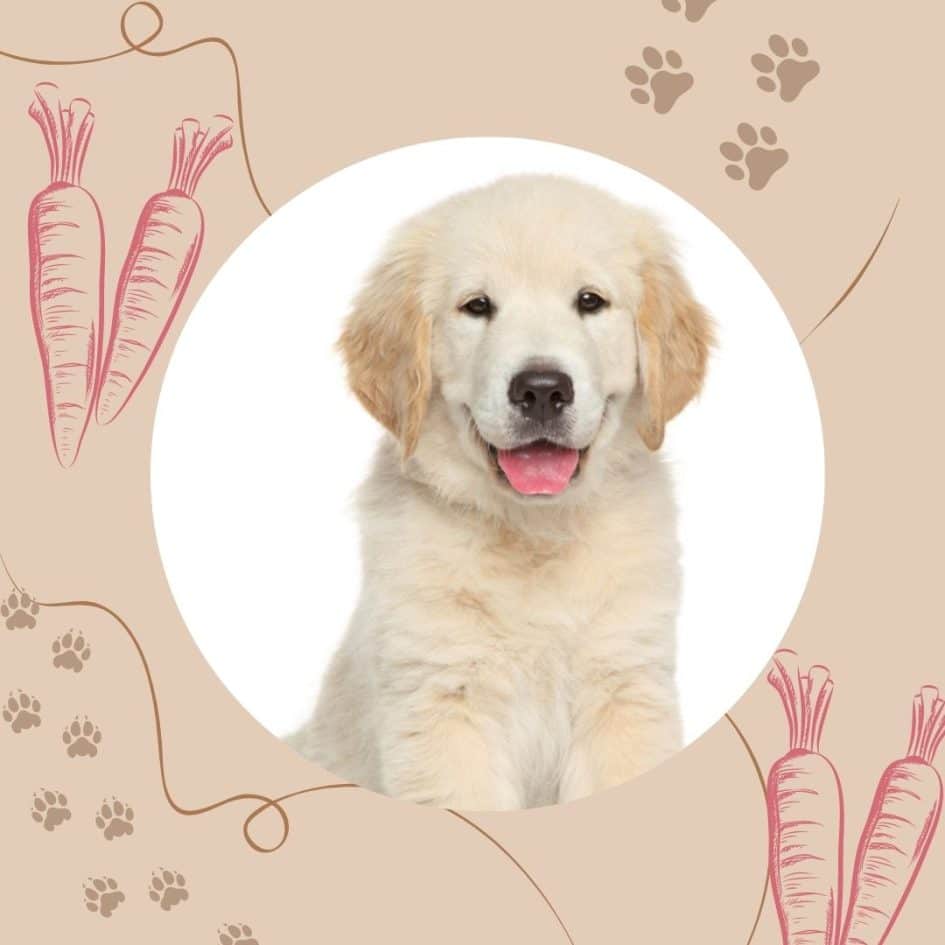

Seven Health Benefits of Carrots for Dogs
Carrots are filled with vitamins, minerals, and anti-oxidants, which make them beneficial, not just for humans, but also for their canine companions. Read on to know more about the health benefits of carrots for dogs.
We are aware of the many ways in which carrots are advantageous to humans, but did you know that they are highly beneficial for dogs as well?
Since carrots are crisp and crunchy, it is likely that your dog loves to munch on them. For this reason, you might be wondering if you should make carrots a part of your dog’s diet.
Consuming carrots helps your canine friend in a number of ways. Not only are carrots rich in essential vitamins, such as vitamin A, D, C, E, and K, but are also loaded with minerals like calcium, beta-carotene, phosphorus, magnesium, and niacin. In addition, carrots contain lycopene and lutein, two phytonutrients that play a key role in keeping the eyes protected against UV radiation and free radicals.
Let us further explore the ways in which carrots can help boost your pup’s health:
Seven Health Benefits of Carrots for Dogs:
1) They contain beta-carotene:
An anti-oxidant, beta-carotene can help prevent cell damage. Dogs, especially younger ones, can effectively absorb beta-carotene from their foods, and enjoy the various immunological benefits associated with its consumption.
Alongside being a cell protector, beta-carotene is also renowned for maintaining and improving vision health. Even though beta-carotene might not have a direct positive impact on your dog’s eyesight, it can help lower the risk of cataracts.
2) They are rich in Vitamin A:
Vitamin A is fat-soluble, which means that the fat cells in our bodies – primarily our livers – are responsible for storing the vitamin.
Alongside helping your dog’s metabolism, growth, and vision, Vitamin A can even contribute to the health of its skin and coat.
3) They are low in fats and calories:
If you want to put your dog on a low-calorie diet, you will be hard-pressed to find a food option better than carrots. A medium-sized carrot contains 6-8 grams of carbohydrates, 25-30 calories, and 2-4 grams of fiber.
Not only do carrots contain a low fat content, but they can easily be chopped into little pieces, making them easy for your dog to consume and digest.
4) They can improve dogs’ dental health:
Adding hard chews to a dog’s diet can help prevent the buildup of tartar or plaque.
Frozen carrots are particularly beneficial for dogs’ dental health, since they scrape the teeth and prevent plaque from building up. In addition, since hard chews also help massage the gums, they can serve as an effective yet gentle cleaning tool for your dog’s teeth.
5) They contain soluble fiber:
Even though fiber is not a particularly essential ingredient for dogs, it is not without its health benefits.
Not only can fiber help prevent digestive problems such as diarrhea and constipation, but it is also effective at preventing anal-gland issues, controlling diabetes, and assisting with weight loss and management.
6) They can serve as Kong stuffers:
A Kong is a kind of toy that your dog will keep with him during every stage of his life. Since dogs love chewing on a Kong, you can fill it with healthy yet enjoyable treats like chopped-up carrots.
If you feel that regular carrots will prove too easy for your dog, you can always up the difficulty level by freezing some carrots and broth inside the dog’s Kong. A frozen Kong can easily keep your pup occupied for anywhere between 30 minutes to an hour.
7) They can be grown in your home garden:
If you are concerned or doubtful about the quality of carrots that you purchase from the supermarket, you can always easily grow the vegetable in your own garden. In fact, carrots are immensely simple to grow, even for those without much experience in gardening.
The only downside of growing carrots in a home garden is that they might not grow to become very large, especially if the planting soil is rocky.
Final Word:
To sum up, the many health benefits of carrots make it an excellent diet for your pup. However, since Vitamin A is one of the very few vitamins that can cause toxicity when consumed in excess, you need to make sure that your dog consumes the vegetable in moderation. Ideally, you should be complementing carrots with – and not using them as a replacement for – some of the other foods that you currently feed your dog.
To learn about other healthy and beneficial diets for dogs, feel free to check out other articles about dog health on our website.
Discover how to create a joyful, healthy home for your pet.
Subscribe to your weekly rundown of practice, real life ideas and training tips straight to your inbox.


